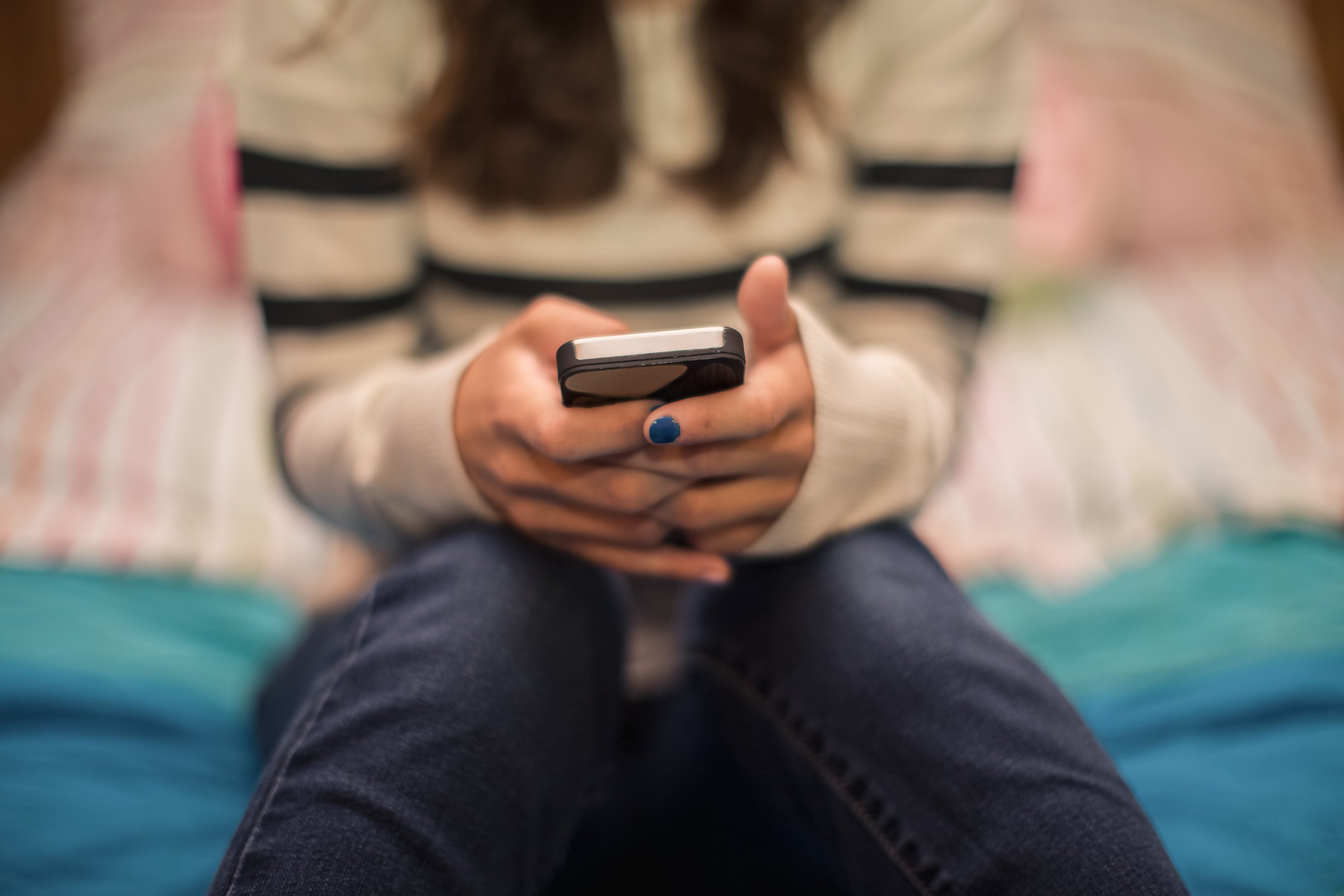
Secrecy is hardly new on Planet Girl: as many an eye-rolling boy will tell you, girls excel at eluding the prying questions of grown ups. And who can blame them? From an early age, young women learn that to be a “good girl” they must be nice, avoid conflict and make friends with everyone. It’s an impossible ask (and one I’ve studied for over a decade) – so girls respond by taking their true feelings underground.
Enter the Internet, and Instagram: a platform where emotions can run wild – and where insecurities run wilder. The photo-sharing app is social media’s current queen bee: In a survey released earlier this month, three quarters of teens said they were using Instagram as their go-to app.
Instagram lets users share their photos, and “like” and comment on their friends’. The competition for “likes” encourages creativity in young users, who can use filters and other devices to spruce up their images. And its simplicity – it’s just pictures, right? — comforts parents haunted by the cyberbullying they hear about on Facebook and Twitter.
But Instagram’s simplicity is also deceiving: look more closely, and you find the Rosetta Stone of girl angst: a way for tweens and teens to find out what their peers really think of them (Was that comment about my dress a joke or did she mean it?), who likes you (Why wasn’t I included in that picture?), even how many people like them (if you post and get too few likes, you might feel “Instashame,” as one young woman calls it). They can obsess over their friendships, monitoring social ups and downs in extreme detail. They can strategically post at high traffic hours when they know peers are killing time between homework assignments. “Likes,” after all, feel like a public, tangible, reassuring statement of a girl’s social status.
That’s not what the app creators intended, of course, but it does make psychological sense: as they become preteens, research shows that girls’ confidence takes a nosedive. Instagram, then, is a new way for girls to chase the feeling of being liked that eludes so many of them. Instagram becomes an popularity meter and teens learn to manipulate the levers of success.
Here are a few of the ways that girls are leveraging Instagram to do much more than just share photos:
To Know What Friends Really Think Of Them
In the spot where adults tag a photo’s location, girls will barter “likes” in exchange for other things peers desperately want: a “TBH” (or “to be honest”). Translation? If you like a girl’s photo, she’ll leave you a TBH comment. For example: “TBH, ILYSM,” meaning, “To be honest I love you so much.” Or, the more ambivalent: “TBH, We don’t hang out that much.
To Measure How Much a Friend Likes You
In this case, a girl may trade a “like” — meaning, a friend will like her photo — in exchange for another tidbit of honesty: a 1-10 rating, of how much she likes you, your best physical feature, and a numerical scale that answers the question of “are we friends?” and many others. Girls hope for a “BMS,” or break my scale, the ultimate show of affection.
As a Public Barometer of Popularity
Instagram lets you tag your friends to announce that you’ve posted a new photo of them. Girls do the app one better: they take photos of scenes where no person is present – say, a sunset — but still tag people they love and add gushing comments. It’s a kind of social media mating call for BFFs. But girls also do it because the number of tags you get is a public sign of your popularity. “How many photos you’re tagged in is important,” says Charlotte, 12. “No one can see the actual number but you can sort of just tell because you keep seeing their name pop up.”
To Show BFF PDA
That broken heart necklace you gave your bestie? It’s gone the way of dial up. Now, girls use Instagram biographies – a few lines at the top of their page — to trumpet their inner circle. It’s a thrill to be featured on the banner that any visitor to the page will see — but not unusual to get deleted after a fight or bad day, in plain, humiliating sight of all your friends.
A Way to Retaliate
Angry at someone? Don’t tag the girl who is obviously in a picture, crop her out of it entirely, refuse to follow back the one who just tried to follow you, or simply post a photo a girl is not in. These are cryptic messages adults miss but which girls hear loud and clear. A girl may post an image of a party a friend wasn’t invited to, an intimate sleepover or night out at a concert. She never even has to mention the absent girl’s name. She knows the other girl saw it. That’s the beauty of Instagram: it’s the homework you know girls always do.
A Personal Branding Machine
Girls face increasing pressure not only to be smart and accomplished, but girly, sexy and social. In a 2011 survey, 74% of teen girls told the Girl Scout Research Institute that girls were living quasi-double lives online, where they intentionally downplayed their intelligence, kindness and good influence – and played up qualities like fun, funny and social. On Instagram, girls can project a persona they may not have time, or permission, to show off in the classroom: popular, social, sexy. Cultivating a certain look is so important that it’s common for girls to stage ‘photo shoots’ with each other as photographers to produce shots that stand out visually. (Plus a joint photo shoot is more evidence of friendship.)
A Place For Elaborate Birthday Collages
Remember coming to school on your big day, excited to see what you’d find plastered to your locker? Now girls can see who’s celebrating them hours before they get off the bus. Birthday collages on Instagram are elaborate public tributes, filled with inside jokes, short videos, and pictures of memories you may not have been a part of. “There is definitely a ‘I love you the most. I’ve loved you the longest edge to these birthday posts,” one parent told me. Collages that document the intensity or length of a relationship are a chance to celebrate a friend – or prove just how close you are to the birthday girl. Although most girls know to expect something from their closest friends, not getting one is seen as a direct diss, a parent told me. And it can be competitive: another parent told me her daughter’s friend stayed up until midnight just so she could be the first to post.
While girls may seem addicted to their online social lives, it’s not all bad — and they still prefer the company of an offline friend to any love they have to click for. (In a survey that would surely surprise some parents, 92% of teen girls said they would give up all of their social media friends if it meant keeping their best friend.) And, of course, likes aren’t everything. As 13 year-old Leah told me, “Just because people don’t write me a paragraph on Instagram doesn’t mean they don’t like me.”
Rachel Simmons is the co-founder of Girls Leadership Institute and the author of the New York Times bestselling book, “Odd Girl Out: The Hidden Culture of Aggression in Girls” and “The Curse of the Good Girl: Raising Authentic Girls With Courage and Confidence.” Follow her on Twitter @racheljsimmons.
Here's What 20 Famous Women Think About Feminism








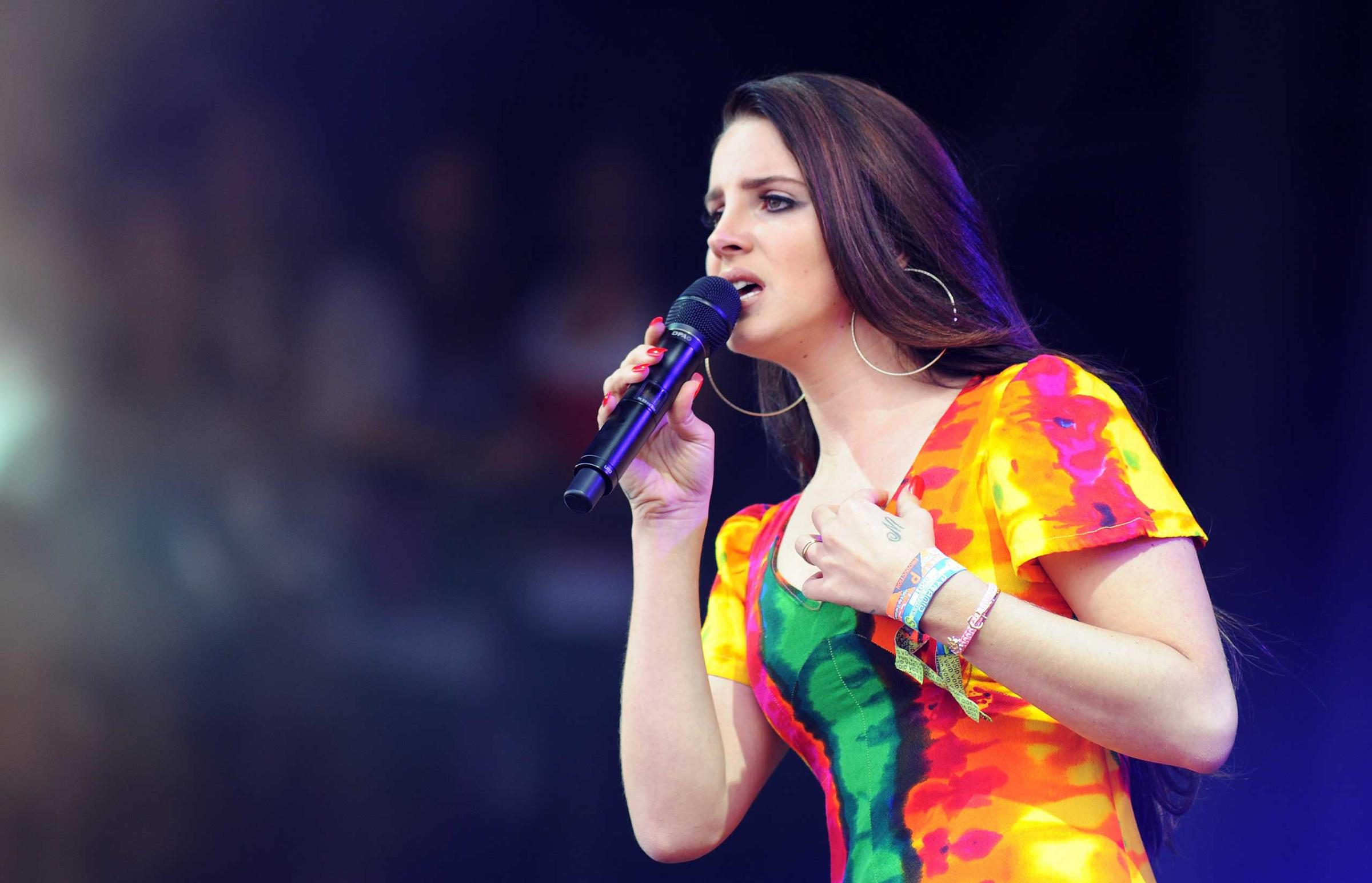




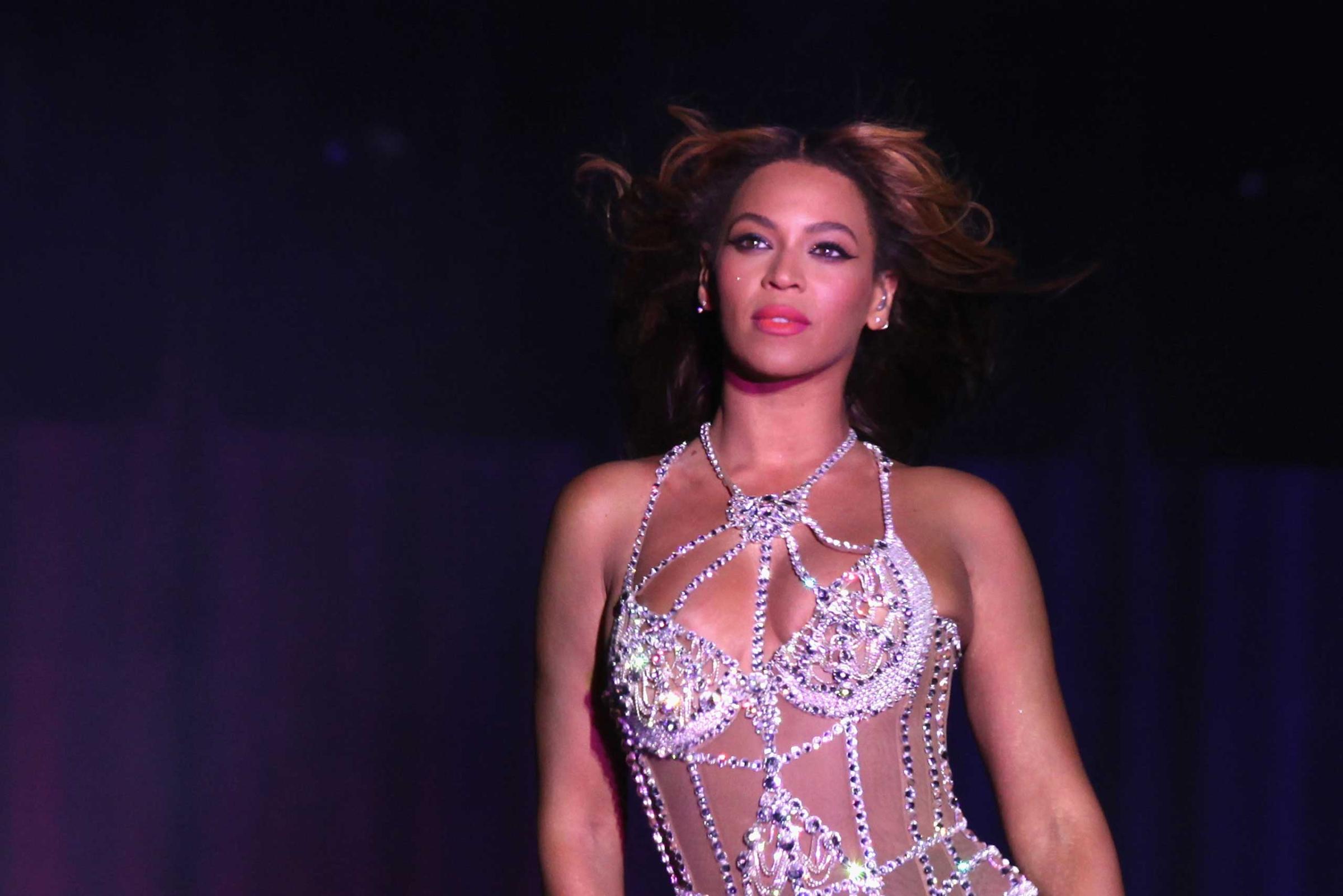
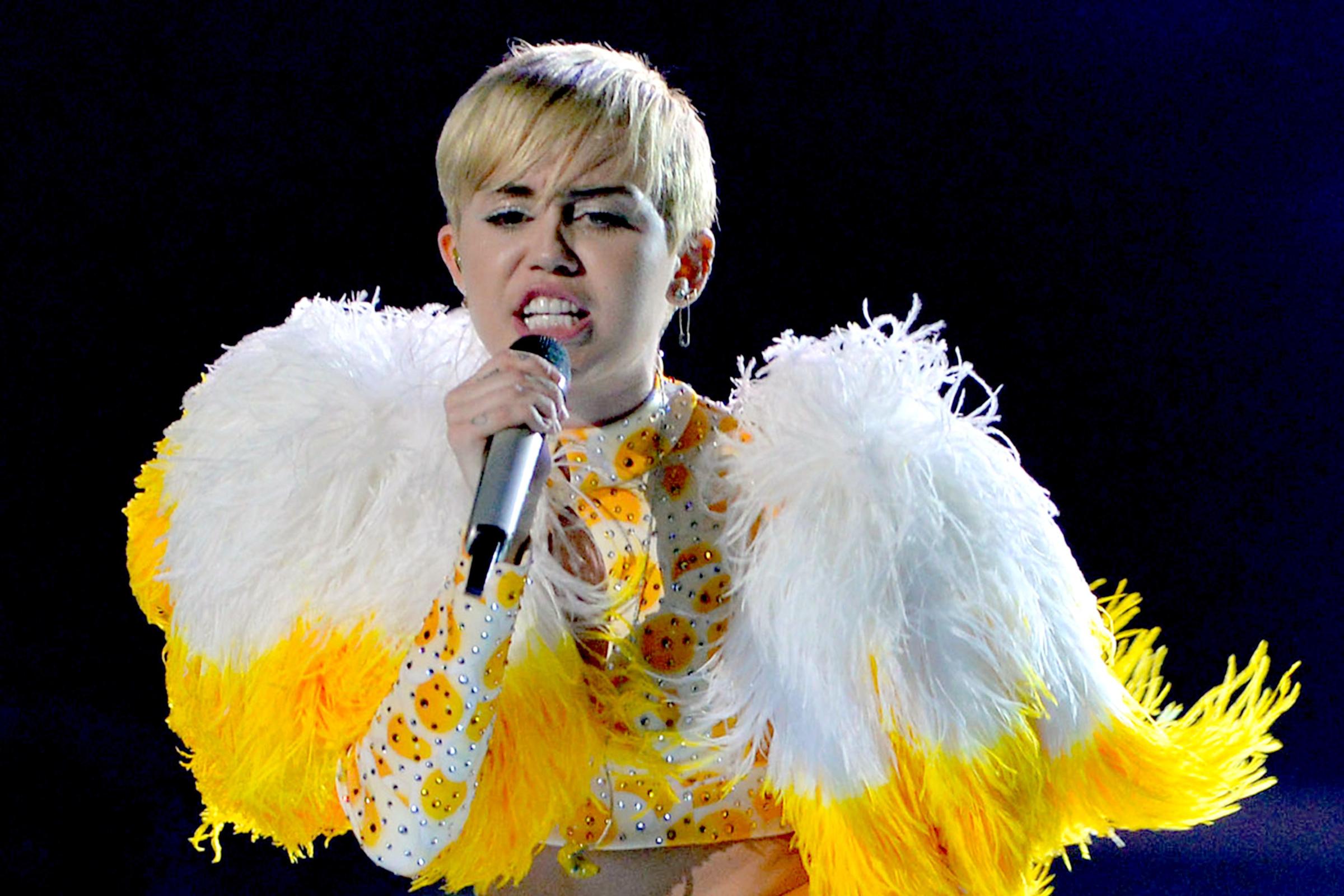
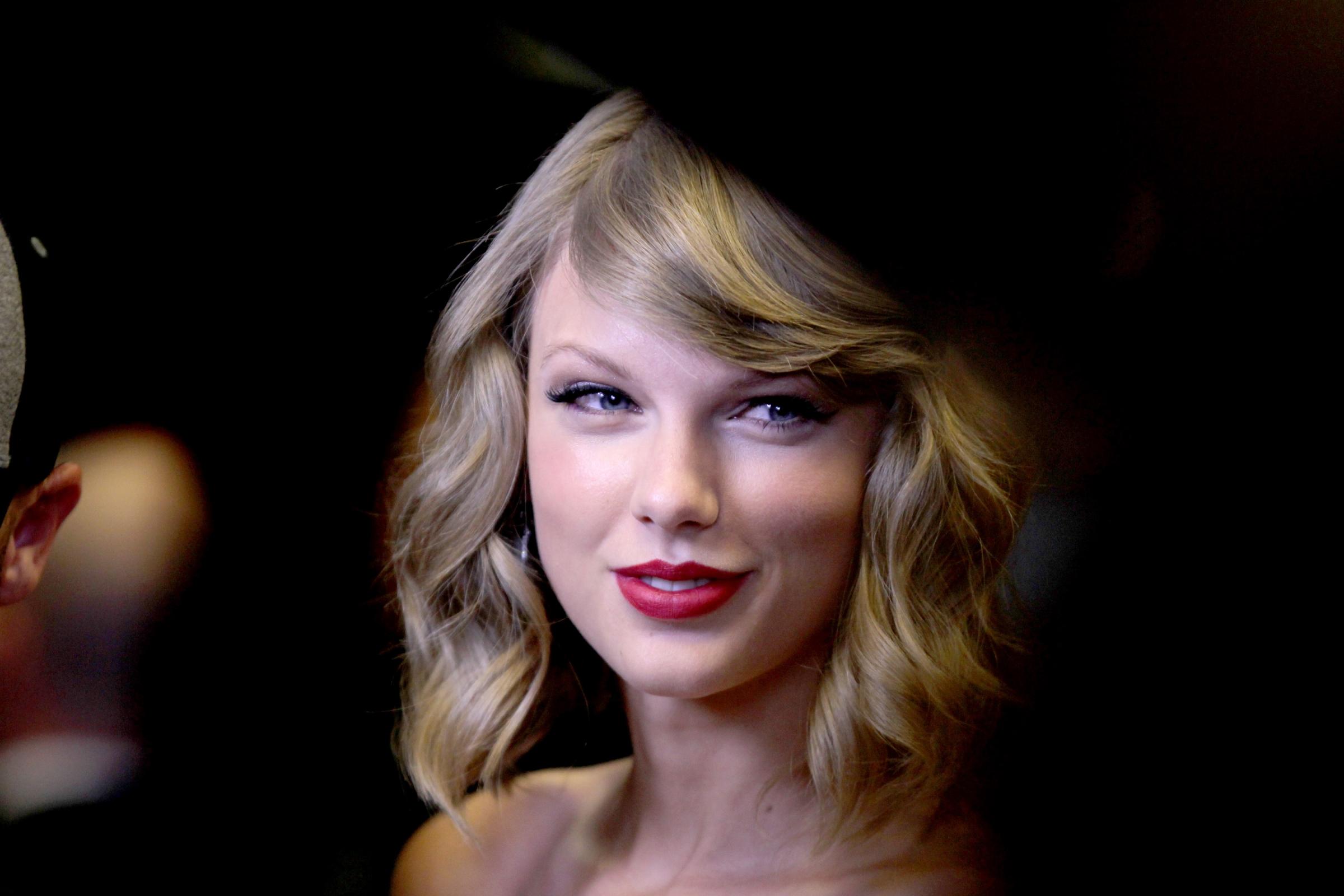
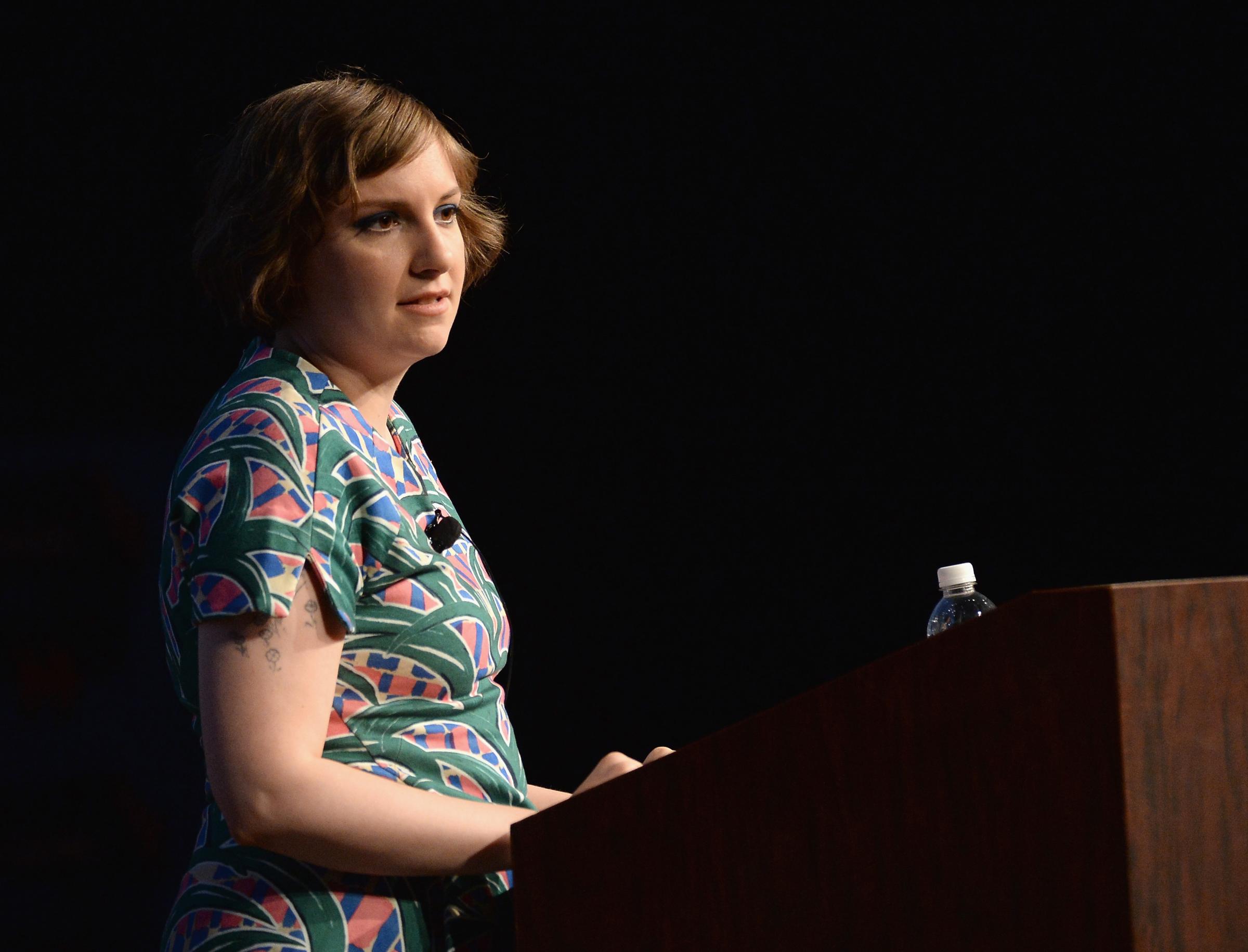

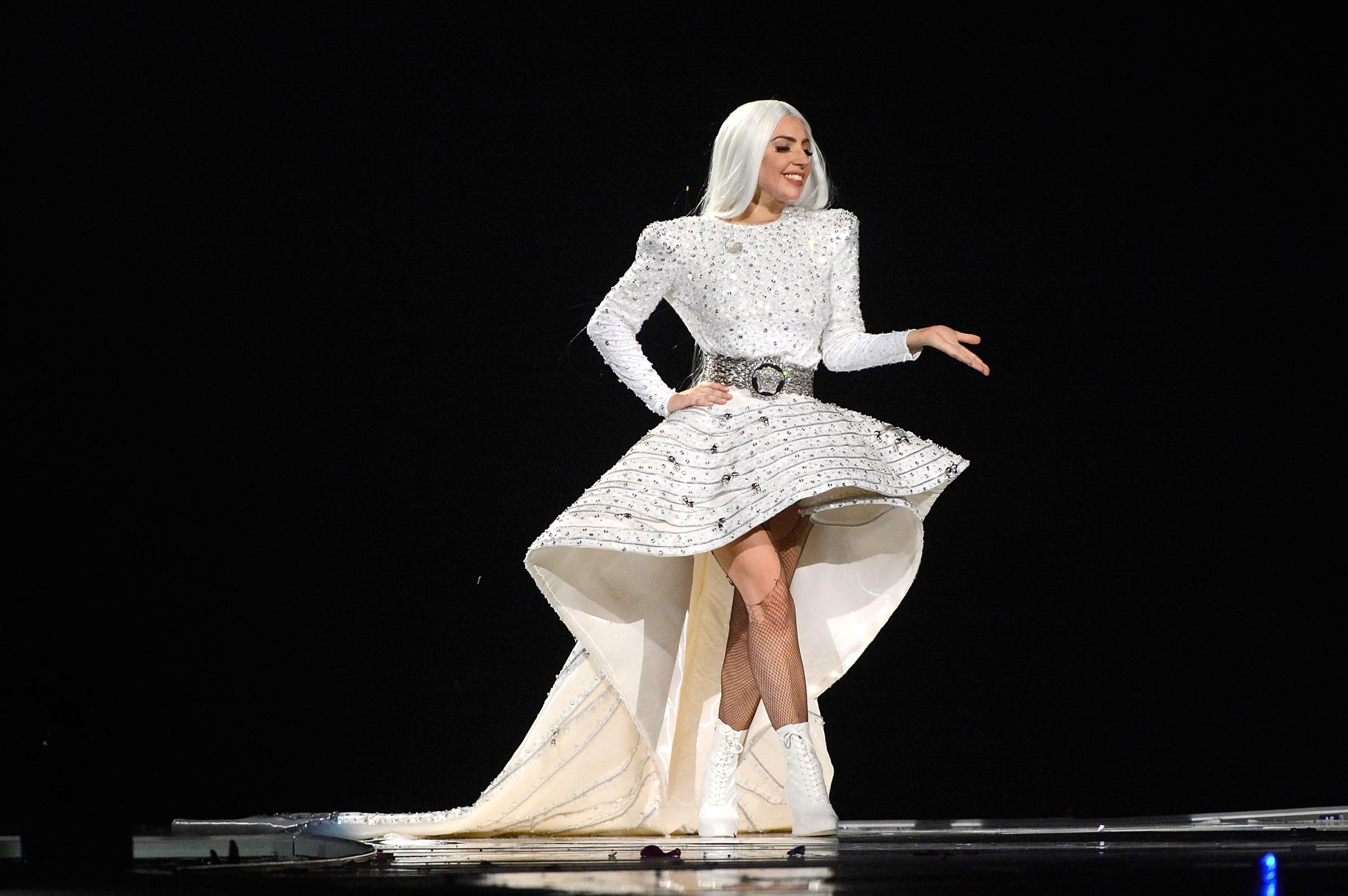

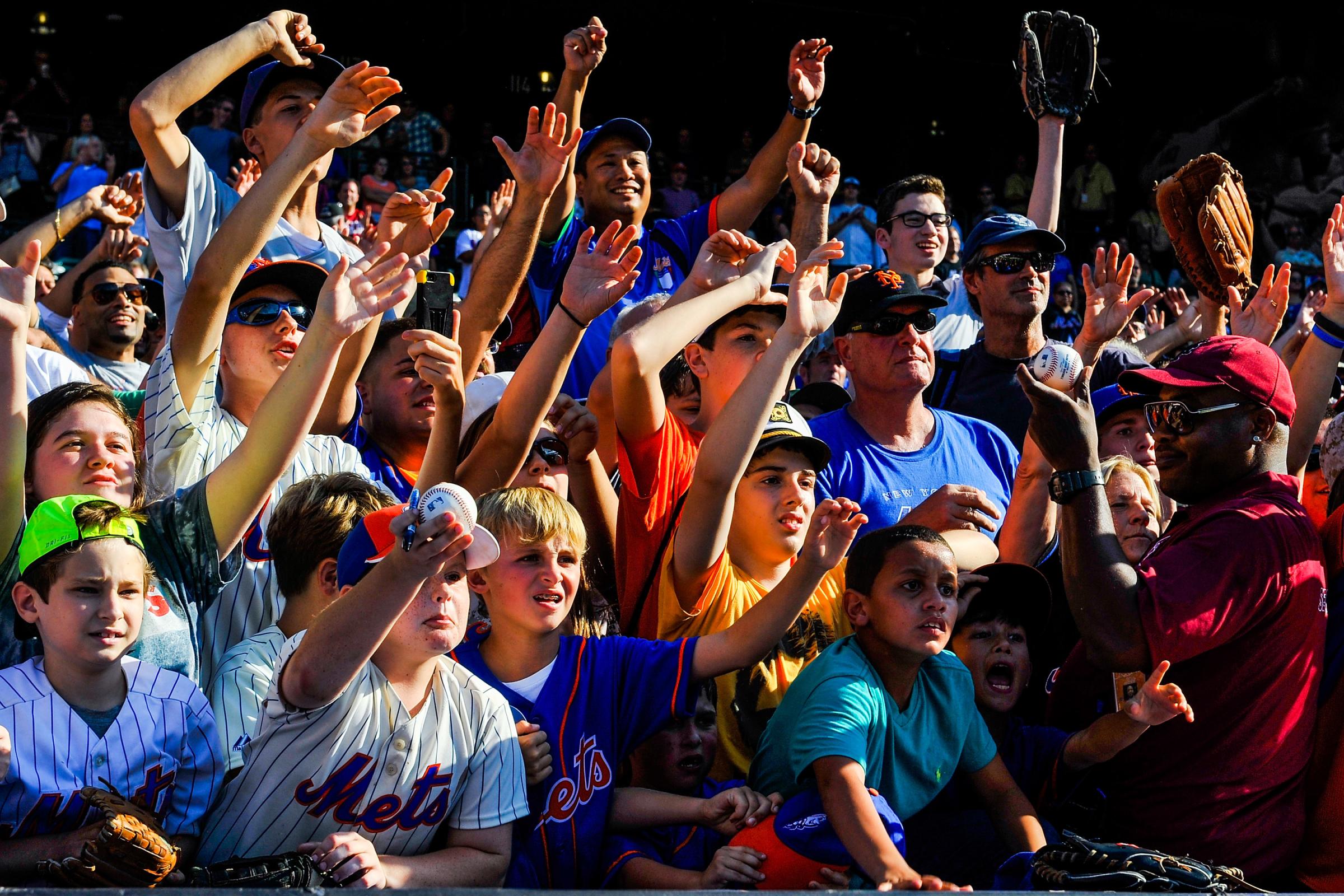
Read next:
More Must-Reads from TIME
- Donald Trump Is TIME's 2024 Person of the Year
- Why We Chose Trump as Person of the Year
- Is Intermittent Fasting Good or Bad for You?
- The 100 Must-Read Books of 2024
- The 20 Best Christmas TV Episodes
- Column: If Optimism Feels Ridiculous Now, Try Hope
- The Future of Climate Action Is Trade Policy
- Merle Bombardieri Is Helping People Make the Baby Decision
Contact us at letters@time.com